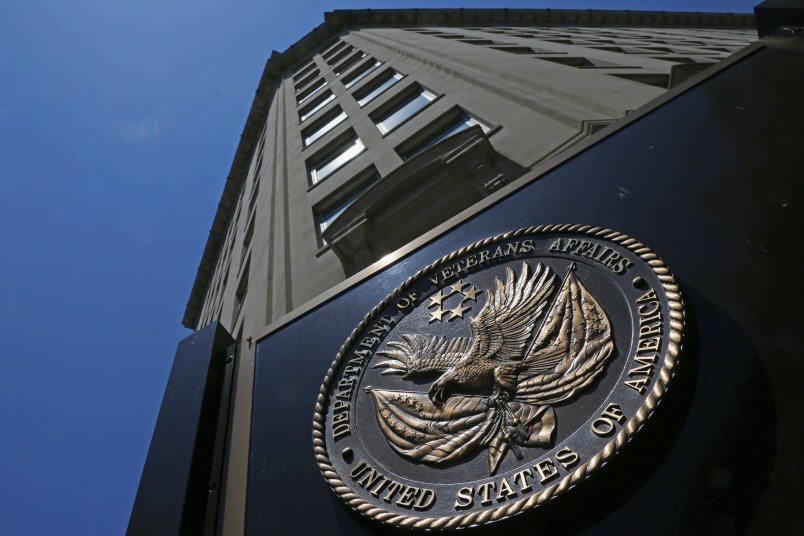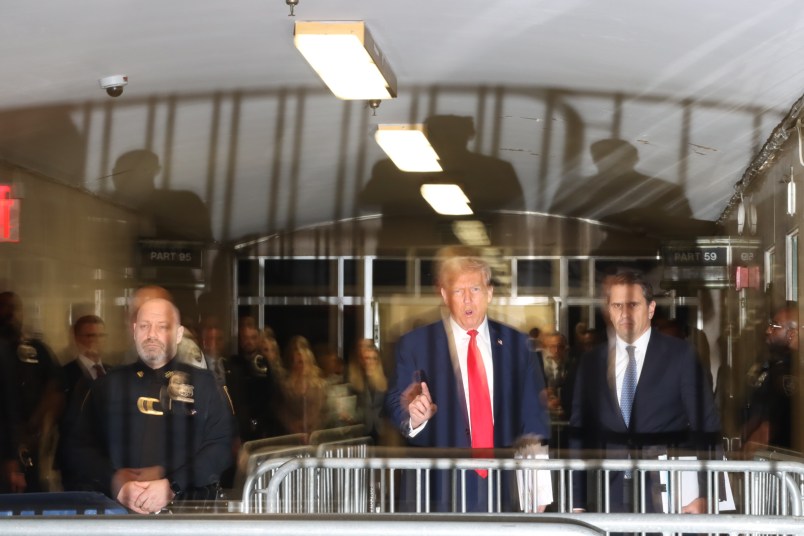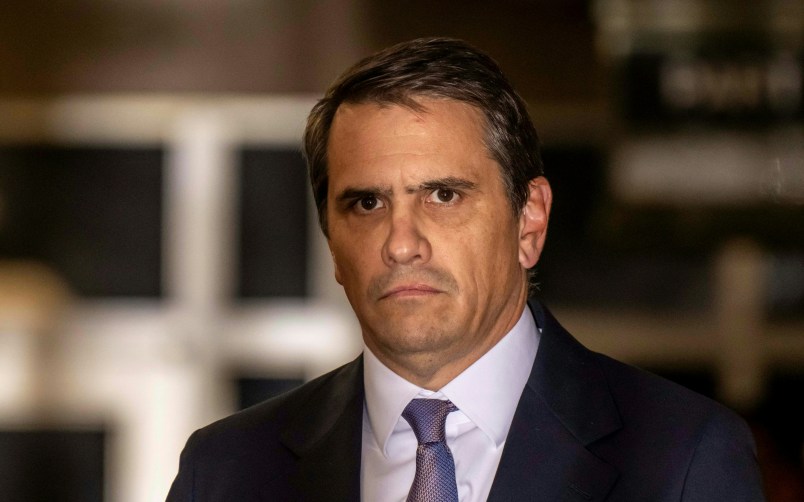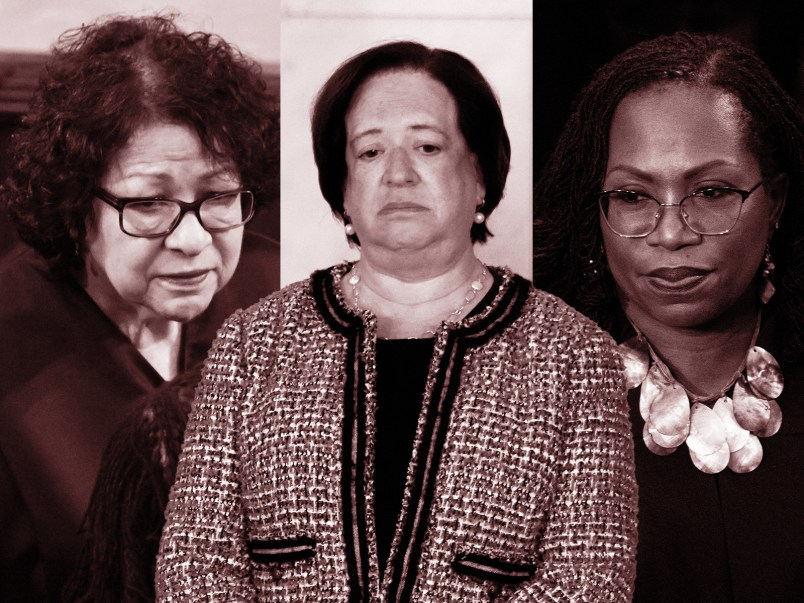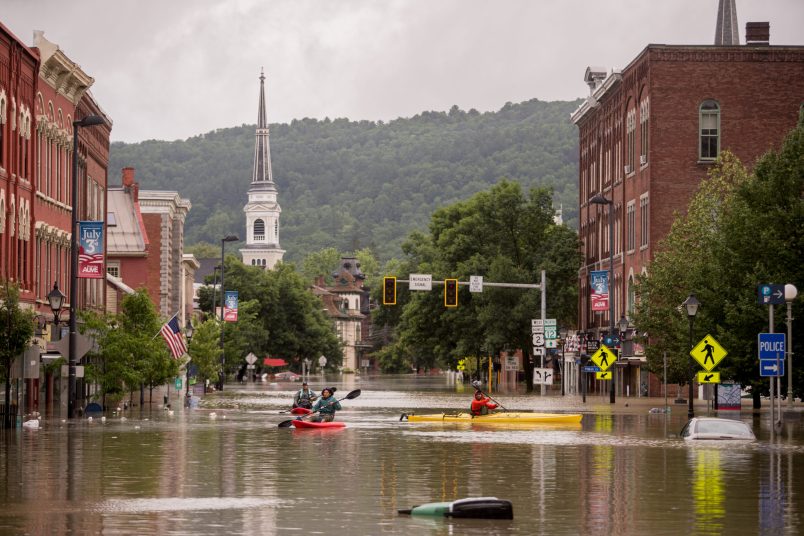WASHINGTON (AP) — The Veterans Affairs Department says investigators have found no proof that delays in care caused any deaths at a VA hospital in Phoenix, deflating an explosive allegation that helped expose a troubled health care system in which veterans waited months for appointments while employees falsified records to cover up the delays.
Revelations that as many as 40 veterans died while awaiting care at the Phoenix VA hospital rocked the agency last spring, bringing to light scheduling problems and allegations of misconduct at other hospitals as well. The scandal led to the resignation of former VA Secretary Eric Shinseki. In July, Congress approved spending an additional $16 billion to help shore up the system.
The VA’s Office of Inspector General has been investigating the delays for months and shared a draft report of its findings with VA officials.
In a written memorandum about the report, VA Secretary Robert A. McDonald said, “It is important to note that while OIG’s case reviews in the report document substantial delays in care, and quality-of-care concerns, OIG was unable to conclusively assert that the absence of timely quality care caused the death of these veterans.”
The inspector general’s final report has not yet been issued. The inspector general runs an independent office within the VA.
Deputy VA Secretary Sloan Gibson confirmed the findings in an interview with The Associated Press. Gibson, however, stressed that veterans were still waiting too long for care, an issue the agency was working to fix.
“They looked to see if there was any causal relationship associated with the delay in care and the death of these veterans and they were unable to find one. But from my perspective, that don’t make it OK,” Gibson said. “Veterans were waiting too long for care and there were things being done, there were scheduling improprieties happening at Phoenix and frankly at other locations as well. Those are unacceptable.”
In April, Dr. Samuel Foote, who had worked for the Phoenix VA for more than 20 years before retiring in December, brought the allegations to Congress.
Foote accused Arizona VA leaders of collecting bonuses for reducing patient wait times. But, he said, the purported successes resulted from data manipulation rather than improved service for veterans. He said up to 40 patients died while awaiting care.
In May, the inspector general’s office found that 1,700 veterans were waiting for primary care appointments at the Phoenix VA but did not show up on the wait list. “Until that happens, the reported wait times for these veterans has not started,” said a report issued in May.
Gibson said the VA reached out to all 1,700 veterans in Phoenix and scheduled care for them. However, he acknowledged there are still 1,800 veterans in Phoenix who requested appointments but will have to wait at least 90 days for care.
The VA has said it was firing three executives of the Phoenix VA hospital. The agency has also said it planned to fire two supervisors and discipline four other employees in Colorado and Wyoming accused of falsifying health care data.
Gibson said he expected the list of disciplined employees to grow. He took over as acting VA secretary when Shinseki resigned and returned to his job as deputy secretary after McDonald was confirmed.
“The fundamental point here is, we are taking bold and decisive action to fix these problems because it’s unacceptable,” Gibson said. “We owe veterans, we owe the American people, an apology. We’ve delivered that apology. We’ll keep delivering that apology for our failure to meet their expectations for timely and effective health care.”
To help reduce backlogs, the VA is sending more veterans to private doctors for care.
Congress approved $10 billion in emergency spending over three years to pay private doctors and other health professionals to care for veterans who can’t get timely appointments at VA medical facilities, or who live more than 40 miles from one.
The new law includes $5 billion for hiring more VA doctors, nurses and other medical staff and $1.3 billion to open 27 new VA clinics across the country.
The legislation also makes it easier to fire hospital administrators and senior VA executives for negligence or poor performance.
___
Follow Stephen Ohlemacher on Twitter: http://twitter.com/stephenatap
Copyright 2014 The Associated Press. All rights reserved. This material may not be published, broadcast, rewritten or redistributed.





